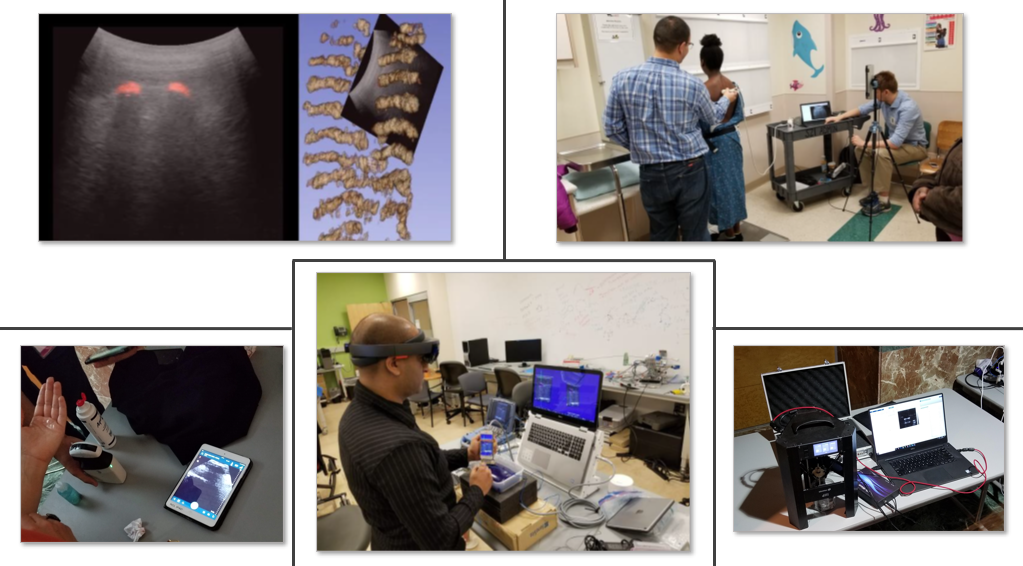Letters of support needed: Contribute to open source point-of-care ultrasound software


Want to contribute to open source 3D Slicer and point-of-care ultrasound research without having to write code? All you have to do is send us a letter of support for our NIH grant proposal!
We are proposing to renew the grant that funds a large portion of the ultrasound methods in the 3D Slicer, PLUS, and ITK software platforms (NIH NIBIB and NIGMS R01EB021396, “Slicer+PLUS: Collaborative, open-source software for ultrasound analysis”).
In this renewal, we seek to expand the ultrasound analysis capabilities of our software platforms to include tissue characterization methods (e.g. photoacoustic and quantitative ultrasound spectroscopy techniques) as well as deep learning methods from MONAI (https://monai.io). This proposal is a collaboration between several outstanding groups: Kitware, JHU (Emad Boctor), Queen’s University (Gabor Fichtinger), Children’s National Medical Center (Kevin Cleary, Sonali Basu), and Inner Optic (Luv Kohli); and we would greatly appreciate your support!
Letters of support can be as simple as a text-only email stating your interest in this work or as formal as a description of your related work and interests on your letterhead.
If you are willing, please email your letters of support to me at stephen.aylward@kitware.com by midnight on Wednesday, October 28, 2020!
Thanks!
Stephen